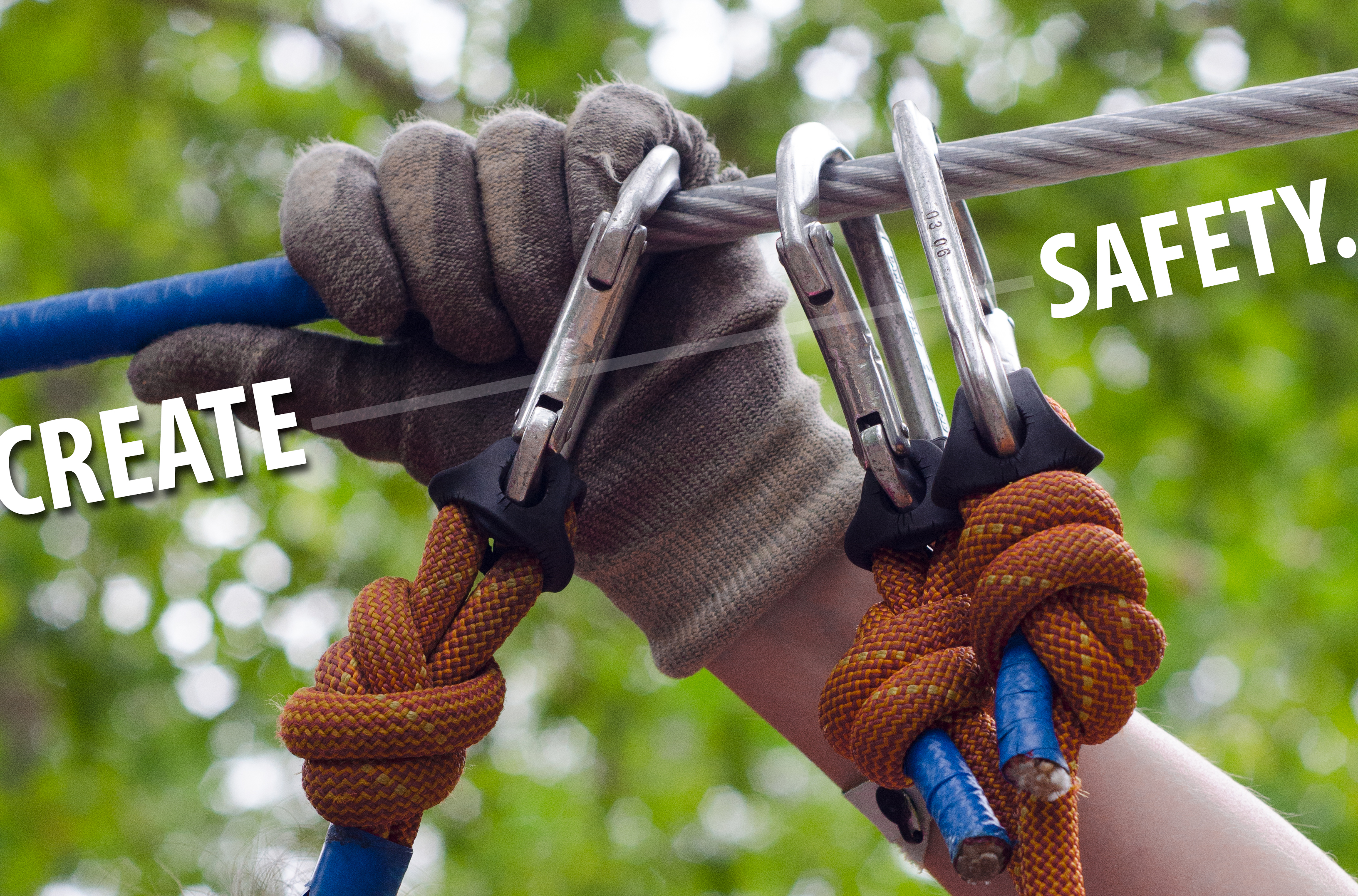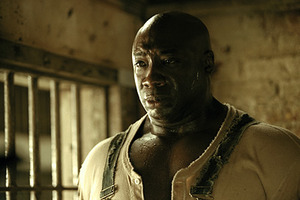The Number One Priority Of Any Conversation
 Thursday, February 8, 2018 at 2:03PM
Thursday, February 8, 2018 at 2:03PM 
The best way to connect with another person so that they feel seen, heard and honored is to create safety. If emotional safety isn't a priority, the conversation will stay in the shallow end, and neither person will experience the bonds of connection a relationship can provide. So the number one priority of any conversation is to create emotional safety.
How does safety get lost?
I'll offer a personal story here: In a counseling session, the therapist noticed I was "going to my head," lost in the analytical and cognitive part of my brain. I was using psychological lingo and talking shop with the therapist by mentioning a famous psychiatrist's view on trauma. My comment was relevant to my history, but was couched in analytical language that avoided the actual painful feelings underneath. I was retreating to my left-brain, while avoiding the emotional anguish trapped in my right brain.
Rather abruptly, the therapist stopped me, saying, "I don't want you to do that. I want the 'real you' to show up."
I shut down.
What was happening there?
I understood the therapist's intent to help me access the emotional pain I was carrying; but by rushing too quickly to disengage that analytical protective mechanism I'd developed over decades, the therapist lost access to those very painful places he was trying to rescue. I no longer felt safe. Anxiety hijacked my entire body; the threat response for fight or flight took over and any therapeutic benefit evaporated.
The therapist didn't understand that by stripping me of my coping mechanism too early in the game, he kicked out the crutches from under my arms. And nothing better was offered to replace those crutches. Until a person's emotional legs begin finding strength, kicking the crutches out from underneath them is a bit like asking a toddler who's learning to swim to remove their "floaties," then throwing them into the deep end. They're not ready yet.
To his credit, this talented therapist realized what had happened when I pushed back a bit, and worked sincerely to rebuild that safety. Yet, some ground was lost nevertheless.
So how can we build safety in a conversation?
Honor the person's coping mechanisms. Remember that defense mechanisms developed for a reason: they once helped that person survive, or at least enabled them to handle terrifying or shaming events in their story. Though it's true that those defense mechanisms are now an out-sized, misguided response to pain, they once served a legitimate function.
If you try to challenge or remove misguided coping strategies too soon, you create a sense of threat, causing the person to retreat rather than remaining open to you. Yes, we hope that those misguided defense mechanisms will one day no longer be necessary--like my tendency to shift to analysis and reasoning when I can't "feel" my feelings--but those defenses don't get healed by direct challenge: they get healed through safety.*
What not to do:
Refrain from trying to change their mind too quickly. Don't quote Scripture in hopes they'll give up their false notions and maladaptive coping. At best, it will feel annoying to them; and at worst, it will feel threatening to those places that already feel threatened. You don't have to agree with a person to be present to them. It's the kindness of God that leads to change.
Stay away from hasty advice or attempts to help them "see the truth." They're not ready if you haven't earned their trust and safety; or if their pain is particularly acute. Safety takes time.
What to do:
Rather than responding with judgemental or corrective language, say something like,
"I get why you'd feel so guarded and afraid. I get that nothing feels safe to you right now."
"I understand why you've kept those feelings pushed back; it never felt safe for you to express them."
Creating safety is the number-one priority in any conversation. Even confrontational ones. When you have safety, you have connection. When you lose safety, connection evaporates.
.......................
*Heart Sync Ministries, founded by Andrew Miller, trains its practitioners to go slowly, building safety every step of the way. They honor those protective mechanisms, which they call "Guardian" aspects of a person's identity. When functioning normally, those protective functions help us "guard our heart, the wellspring of life." When not overwhelmed, those internal protective features are a legitimate threat-detection system for us. Those fight/flight/freeze responses are very often necessary. They help give us a sense of whether that guy at the bar has good intensions, or that opening up to a particular co-worker might not be a good idea.
In a sense, the Guardian aspect of our identity acts like a gatekeeper to the rest of the person. If that protective watchman isn't feeling safe, you're not going to gain access to the whole person; at least not without difficulty. People can only discard their faulty protection mechanisms when they feel safe enough to do so. Safety creates connection, and connection heals wounded souls.
Note: Any misrepresentation of Heart Sync Ministry is purely the fault of yours-truly. I'm referencing personal experience with Heart Sync, and knowledge of their approach, to the best of my recollection.



















